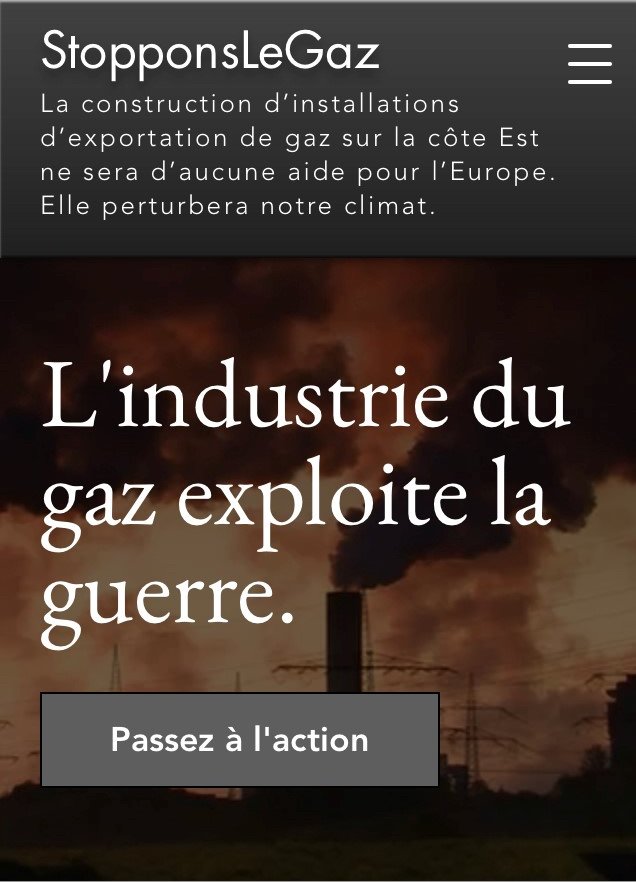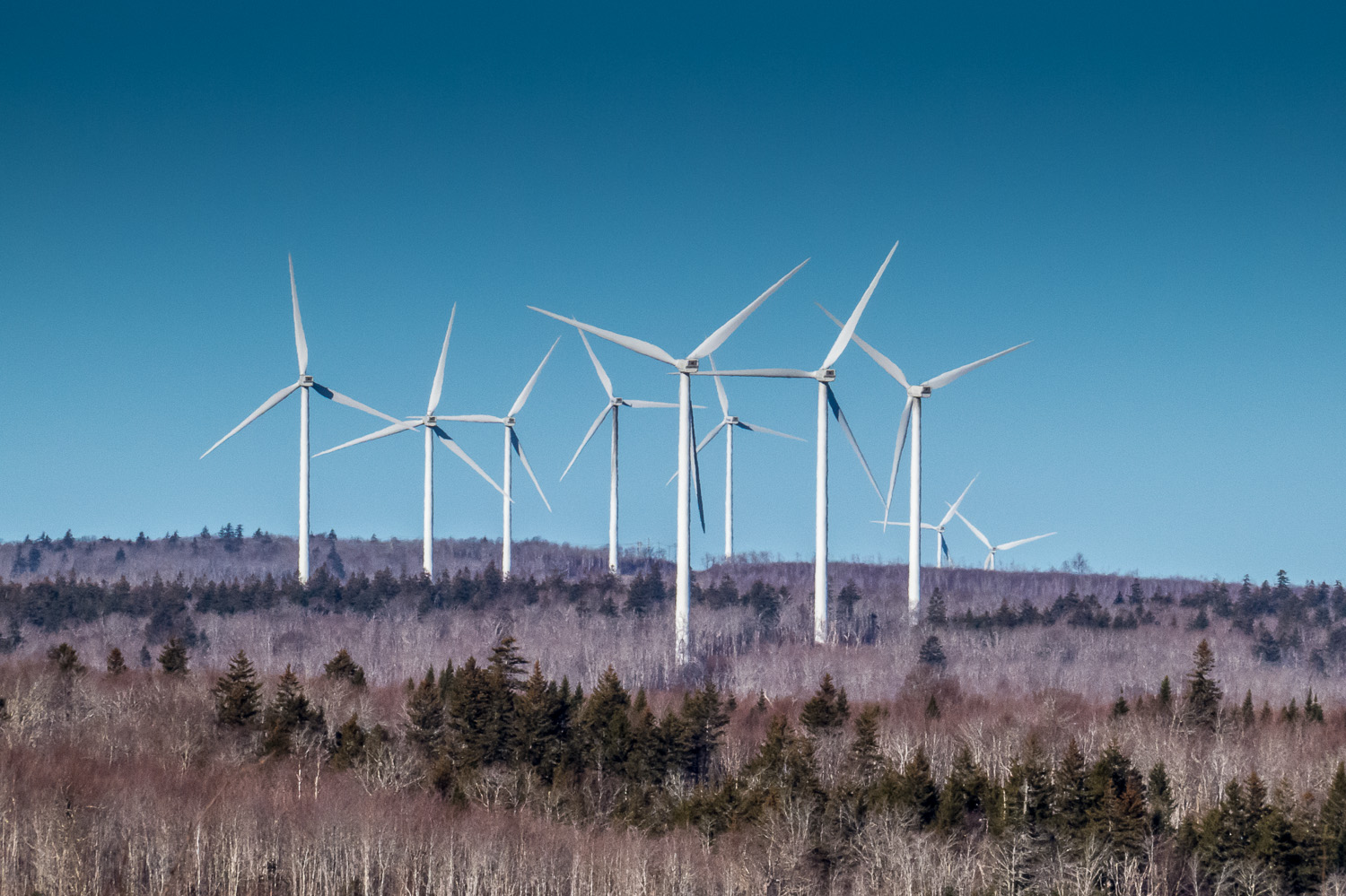
Des organismes environnementaux demandent au gouvernement fédéral de rejeter les projets d’installations d’exportation de GNL sur la côte Est
Montréal (Québec) — À l’approche de la visite du chancelier allemand Olaf Scholz au Canada en août pour discuter d’un accord potentiel sur le gaz naturel liquéfié (GNL), des organismes environnementaux représentant des millions de Canadien(ne)s lancent l’initiative Stoppons le Gaz (https://www.stopthegas.ca/fr) dans laquelle ils demandent au gouvernement fédéral de rejeter tout projet d’exportation de gaz sur la côte Est en raison des risques climatiques et économiques.
« En dépit de ce que veut faire croire l’industrie des énergies fossiles, les projets d’exportation de gaz ne représentent absolument pas une solution à la situation énergétique en Europe causée par la guerre en Ukraine, puisque les besoins énergétiques de l’Europe seront en grande partie résolus des années avant que toute nouvelle infrastructure canadienne de GNL soit opérationnelle », déclare le porte-parole d’Équiterre, Émile Boisseau-Bouvier.
Plusieurs projets sont envisagés dont deux, le projet Goldboro LNG de Pieridae Energy et le projet Saint John LNG de Repsol, qui pourraient entraîner une augmentation des volumes de gaz transitant dans le réseau de Gazoduc TQM qui traverse le sud du Québec.


